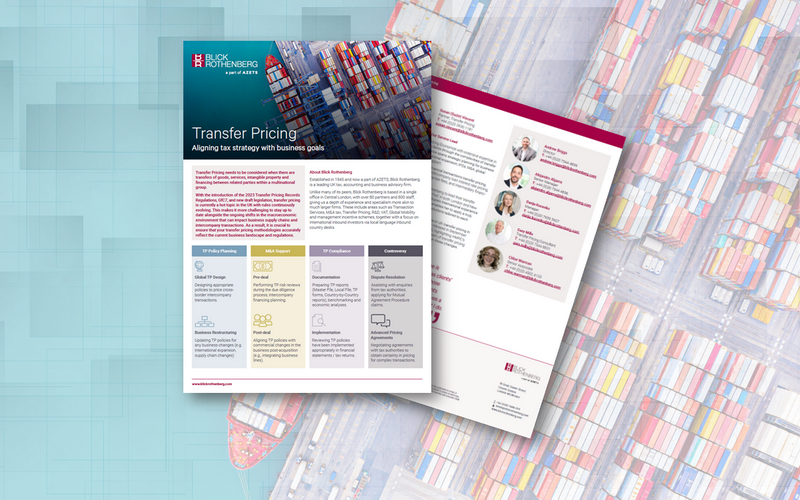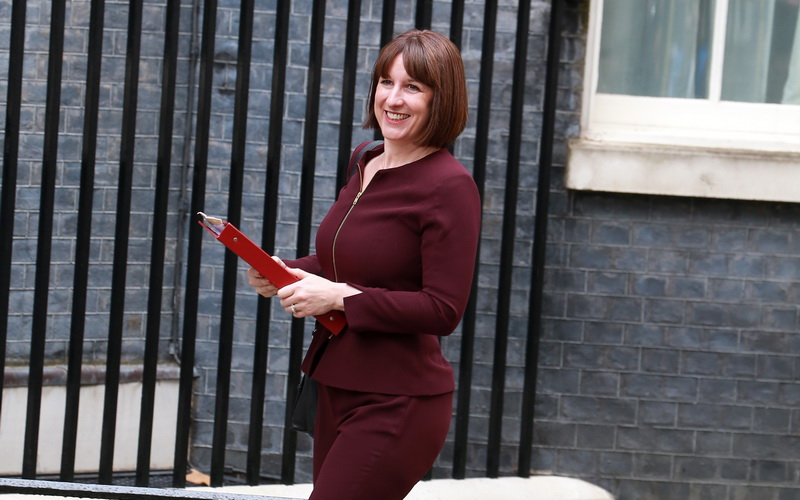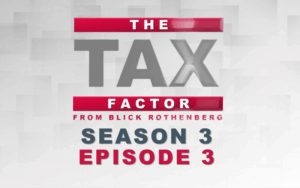
July Tax Deadline: Settle Your HMRC Bill or Face Penalties
Late payment interest rises from 3.5% to 8.25%
28 July 2025 | Author: Tom Goddard
As the 31 July deadline approaches, taxpayers are being urged to ensure their HMRC payments are up to date to avoid hefty interest charges and potential penalties
Interest Rates on the Rise
Late payment interest has increased significantly in recent years, making delays more costly. Tom Goddard, Senior Associate, explains:
From May 2022 HMRC has increased late payment interest from 3.5% to 8.25% as part of their agenda to crack down on people that owe tax. People who owe money for the 2024/25 tax year must pay their bill as soon as possible.
If someone was required to pay £10k for their second payment on account, but didn’t pay until the 31st of December 2025, they would have to pay just under £350 in late payment interest.
Understanding Payments on Account
Payments on account’ are payments towards your next tax bill and are paid in two instalments, the payments are calculated based on the previous tax year’s income tax liability. If you believe your income levels are lower for 2024/25 than 2023/24, you can reduce your payments on account to reflect this. However, if you over reduce and subsequently underpay, HMRC will charge interest and could inflict penalties.
Review Your Position Now
Now that the 2024/25 tax year has ended, those who have already made a claim to reduce their payments on account should check whether this was appropriate based on their final income levels and if necessary, adjust their payments, as interest may have been accruing since 31st January 2025.
Benefits of Filing Early
This is also an incentive to get your tax return submitted early, as you can then ensure your July payment is accurate rather than overpay and wait until your tax return has been processed to claim a refund.
Who Needs to Pay?
Payments on account aren’t required for those who had an income tax liability of under £1,000 for the 2023/24 tax year, or those who have more than 80% of their tax liability paid at source, usually by PAYE. Capital gains tax (CGT) can also be ignored when considering payments on account.
Support for Those Struggling
For those finding it difficult to meet their tax obligations, there is help available.
Tom concluded:
The taxpayers who are likely required to make payments on account are those with high levels of investment income, rental profits or who are self-employed. People who are experiencing financial problems and struggling with their tax bill should contact HMRC, as they may offer a ‘payment plan’ which can help to alleviate some of the financial burden, allowing payments to take place over a more manageable time frame.
Would you like to know more?
If you would like to discuss any of the above, please speak to your usual Blick Rothenberg contact.
You may also be interested in

Transfer Pricing – Aligning tax strategy with business goals – Flyer

Lifetime ISA: Why Reform Is Overdue in the Autumn Budget













